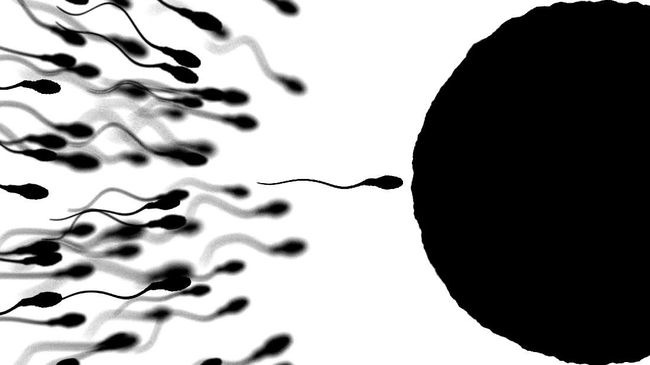“The crisis has messed up a lot of things and took my greatest pleasure away from me,” says Turkish pensioner Yüsel Parlak sitting on the shore of the Bosphorus, fishing rod in hand. From an early age he devoted himself to fishing, an activity that he always practiced for fun. But it’s different now. Parlak is forced to be a fisherman to have something to put on the table. The fish he catches is an invariable part of his daily diet. Without it, the 66-year-old man is sometimes forced to settle for bread alone, he told the German weekly “Die Zeit”, reports “Mother well“.
His pension, which is equivalent to 140 euros a month, has never been enough to buy so many things. But the sharp rise in food prices has made the situation dire. A kilogram of meat costs almost three times more than a year ago. In no other OECD country have food prices increased as dramatically as in Turkey, where the 64 most consumed foods have risen by more than 150% on average.
Parlak worked for 30 years as a construction worker and helped transform Istanbul into a thriving metropolis. “Now my money is worth next to nothing,” he told Die Zeit, adding that he made him sad. Many share Parlak’s feelings.
The cost of denying basic economic logic
Inflation in the country has continued to rise for 17 months. But unlike many other countries in a similar situation, the Turkish Central Bank has firmly decided not to raise interest rates. President Erdoğan adheres to a highly unorthodox economic theory that opposes inflation with interest rate cuts. For him this is the only way to grow the economy, explains “De Zeit”.
What are the results of these economic understandings? The Turkish Statistical Institute “Turkstat” reported an inflation of 83.45% for September.
According to one of Erdogan’s economic policy critics, university professor and economist Veysel Ulusoy, the situation is even worse. Ulusoy’s research group “Enag” announced that inflation in Turkey is actually 186.27%. The results of this independent poll are one of the reasons why Erdogan banned the publication of statistics other than those of the government in June, writes Die Zeit.
Inflation in September was mainly caused by transport prices, which rose nearly 118% year on year, writes “Reuters”. At the same time, food and soft drinks increased by 93.05%. And despite the continued rise in prices, Erdogan announced last week that he had once again advised the central bank to cut the benchmark interest rate.
Problems with accommodation too
Inflation also creates problems in the daily life of the younger generation. Merve, 23, from Istanbul, still lives with his parents, although this year he wanted to rent a house of his own. “But I can’t find accommodation, it’s all too expensive,” he told Die Zeit.
House rents have increased significantly. According to OECD data, rents in Turkey’s largest city have risen the most globally, by more than 66% in the past 18 months. Two years ago, a rented apartment in the metropolis cost an average of 145 euros per month. Today its price is now 240 euros.
The government has introduced a rent cap to prevent rents from rising by more than 25% per year. But when a house is vacated and rented out again, this regulation doesn’t apply and the price can double or triple. Mervé is forced to leave the house often – both day and night – so as not to constantly share the narrow spaces of her parents’ apartment with all the members of the family.
The economic trap: inflation or recession
Mervé works in a clothing store in the city center. “Tourists are buying more and more because our currency is so cheap. They buy 10 and some even 20 shirts at a time. They can afford what my parents wouldn’t buy in a year,” the girl told Die Zeit. .
The pound exchange rate continues to drop and one euro is now worth 18 pounds. This means that the value of the Turkish currency has more than halved over the past two years.
However, Turkish President Erdogan is in some sort of economic trap. If he raises interest rates now, it would mean an increase in the cost of credit, which in turn would further reduce domestic demand for goods. Unemployment will also rise. Economist Vejsel Ulusoy also warns of the risk of recession. “For an economy that thrives on cheap credit like Turkey’s, the possible consequences of a recession would be fatal.”
<!–
Получавай безплатно най-горещите новини от Vesti.bg
–>

